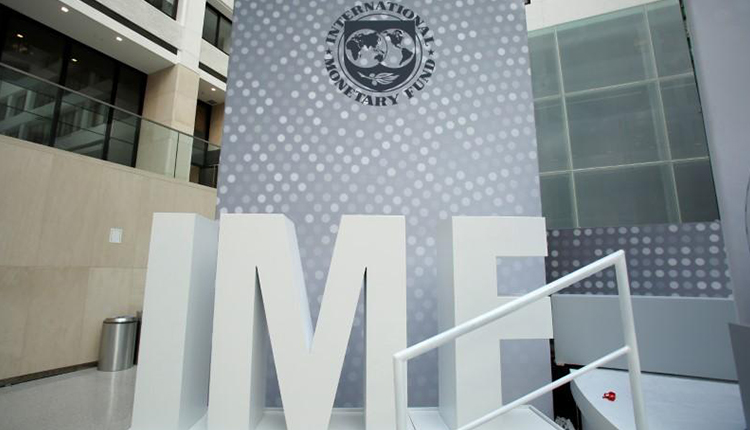The gap between advanced economies and emerging markets in economic growth will widen by 22 percent between the years 2020 and 2022, said Geoffrey Okamoto, the First Deputy Managing Director at the International Monetary Fund (IMF).
This gap is lower than what it would have been without the COVID-19 pandemic, the growth comes with a projected cumulative income per capita in emerging and developing countries, excluding China, he expalined.
Okamoto made his remarks during his participation in the China Development Forum that was held on Saturday.
According to Okamoto, such a gap is expected to push close to 90 million people down below the extreme poverty threshold ever since the pandemic started.
He added that prospects of stronger global recovery from the pandemic are emerging thanks to the additional fiscal stimulus, especially in the US, and that prospects of broader vaccination projected global growth of 5.5 percent in 2021.
However, with such an upside, Okamoto said that the global recovery has been incomplete and unequal. He attributed this to the GDP situation that remains well below pre-pandemic trends in most countries despite, the stronger than expected recovery in the second half of 2020, adding that the recovery avenues have also been different across countries as well as, across sectors.
On the vaccination, Okamoto noted that access to vaccines remain very uneven, both across advanced and emerging economies.
He also said that low-income countries might not see significant vaccinations well into 2022, adding that the spread of resistant mutations threatens to reduce the efficacy of current vaccines and could erode or delay the recovery process.
“Besides these bigger issues, there are also uncertainties about the effectiveness of policy actions and differences in what countries can do. Some countries face limited fiscal space and higher debts while, China still has some room for maneuver [while] many others, especially low-income countries, do not,” said Okamoto.
In this regard, Okamoto expected that tighter financial conditions could exacerbate vulnerabilities in countries that suffer from high public and private debt.
“We have seen recent increases in bond yields as the growth outlook of some advanced economies improves, leading markets to expect an earlier withdrawal of monetary stimulus,” he added.
Over the medium-term, the situation could be worse in countries that cannot afford a strong macroeconomic response and/or have large service sectors thus, affecting them more and causing a disproportionate impact on the young, the low-skilled as well as women, as according to Okamoto.
In the long-term, he said that climate change also represents a significant challenge, especially with rising carbon emission levels, adding that Asia has a major role to play in addressing such a serious issue.
To deal with such challenges, Okamoto urged the international community to ramp up vaccine production in a bid to ensure that low-income countries have the financing to procure and distribute vaccines.
“This requires bolstering funding for the COVAX initiative and the logistics for delivery. On this front, we ask that leading economies support vaccine production and provide finance to developing countries,” said Okamoto.
Moreover, countries should maintain economic support and calibrate it to the stage of their recovery as well as, alleviate divergence across countries through providing access to liquidity for developing economies in addition to, preventing climate change from hampering their economic growth and convergence.
The IMF will release its update on global economy forecasts in the new World Economic Outlook report at its spring meetings that are anticipated in early April.


